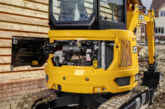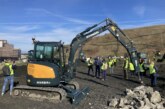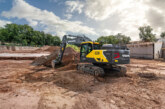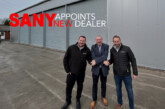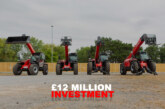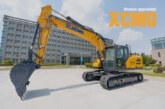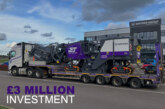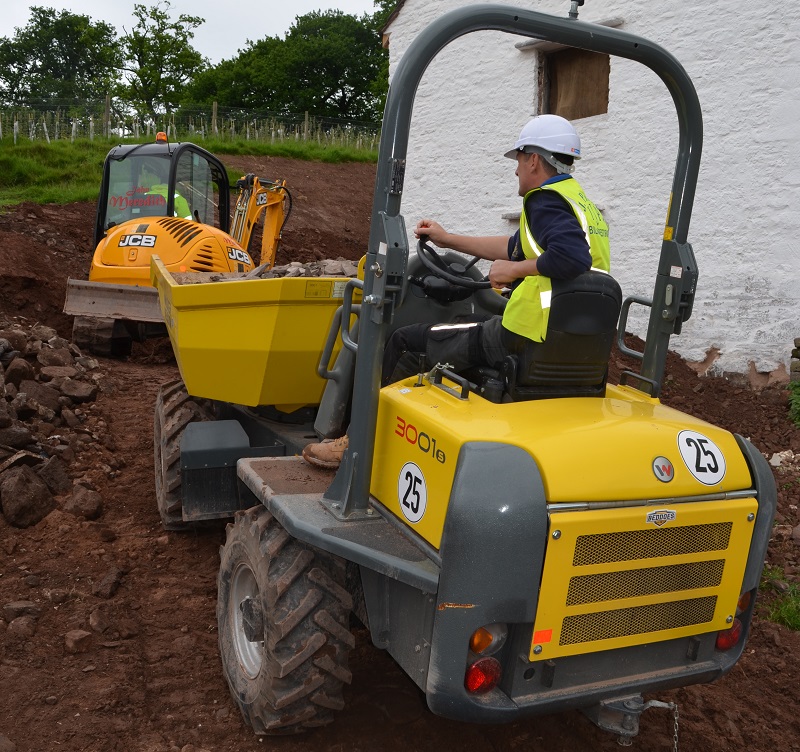
Construction Plant News talks to Steve Moody of SKM Asset Finance about the finance options available and trends in the market.
This summer marked the tenth anniversary of the beginning of what history will remember as the credit crunch. When BNP Paribas admitted it was effectively poisoned with toxic debt, a dangerously interconnected banking system would begin to teeter towards collapse.
It would take another year for Lehmann Brothers to shut its doors, when the rumbles turned to seismic tremors, but this was the moment when banks reduced their lending to each other, and as a consequence to us – and a crisis in credit was set in train.
Much has changed since then, but one truth remains for the small business owner – just because a bank loan is either not available, or is offered on less than favourable terms to the borrower, that’s not the end of the road.
“The frustration for us is that there is an assumption that because a bank says no, then everyone else will as well, but that’s simply not the case,” declares the Managing Director of SKM Asset Finance.
The Hampshire-based firm is an independent broker with 35 institutions currently on its panel. That makes for a sizeable portfolio of potential lenders, which means there is almost always something out there for someone. Indeed, the company can point to a 98 per cent success rate in finding funds for its clients. Not only that, but SKM Asset Finance is intimately acquainted with the industry it serves.
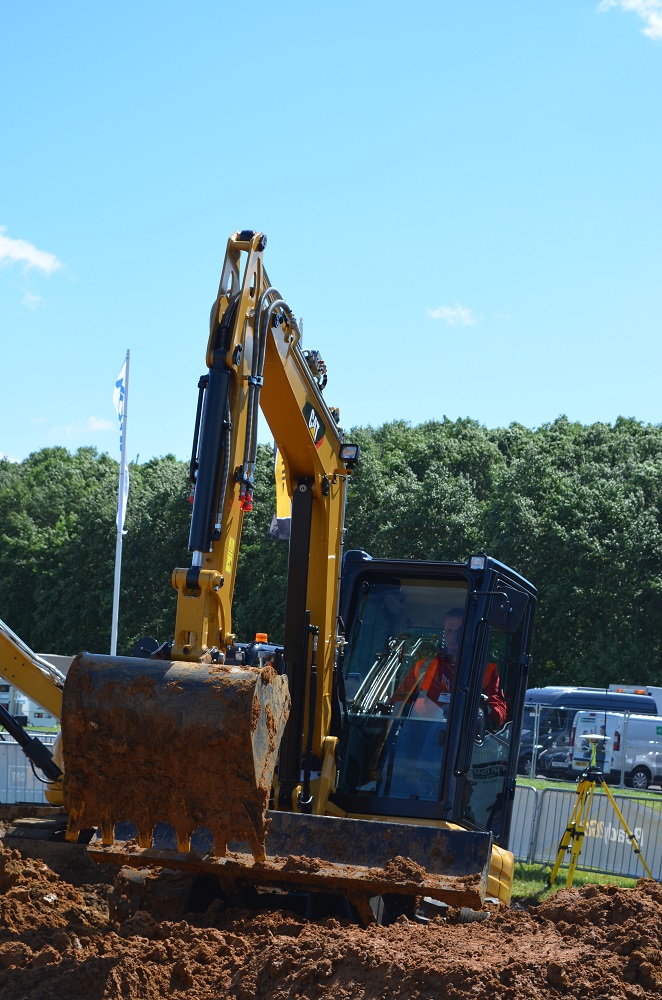 “We specialise in finance for construction and can count everyone from plant hirers to contractors and demolition companies as our customers,” continues Steve. “It can often surprise new clients that we know the vehicles and machines they’re looking to purchase, as well as their applications. We understand the work they’re undertaking, which is why terms can often be tailored to a specific business model.”
“We specialise in finance for construction and can count everyone from plant hirers to contractors and demolition companies as our customers,” continues Steve. “It can often surprise new clients that we know the vehicles and machines they’re looking to purchase, as well as their applications. We understand the work they’re undertaking, which is why terms can often be tailored to a specific business model.”
So just what are the choices in finding finance? “It is important to stress that brokers are not tax advisors, so we can’t advise customers on whether hire purchase or finance leasing is right for their financial circumstances.
“What we can do is communicate to them what is available, and the features and benefits of each, and they then seek independent advice from their accountant. In order to quote the most competitive rate for them our initial contact is about building a picture of the customer’s business. We will provide them with a range of options, but it is still the case that around 90 per cent of what we provide is on Hire Purchase.”
Fixed Repayments
With Hire Purchase, once repayments have been completed, the equipment is yours, whilst it also offers the security of fixed repayments. These can be offered on a fixed interest basis, which will protect against rising interest rates, or a variable product which is linked the Bank of England base rate.
Clearly in an age of low interest rates, where we are anticipating an increase, the variable product is not very popular, but there are exceptions.
A plant hire company might be looking to keep its payments low with a five or six year agreement, and effectively make a profit over and above the hire rate in the process, but their machinery replacement programme may well be over a three year cycle. If you settle three years through a six year fixed interest agreement, the penalties will be a lot higher than on a variable rate, which means the latter may well be more financially viable.
Moreover, VAT is fully reclaimable on Hire Purchase and if the dealer is offering a separate service, repair or maintenance plan then the agreement can be linked to it, and there are a number of repayment options. A businesses income may well be very seasonal so payment can be deferred in particular months, for example.
Depending on how a business is structured Finance Leasing can be an attractive proposition. Here there is a low initial capital outlay – usually just one monthly instalment per year of the lease – and on sale of the asset a high percentage of the sale proceeds are refunded. In addition, from a taxation perspective, it may be advantageous to offset leasing repayments against profit and loss accounts, rather than the slow process of depreciation of hire purchase agreements.
Operating Lease
A third option, Operating Lease, is effectively a rental agreement. Typically suited to larger organisations, like local authorities, fixed instalments reflect a predicted future residual value which remains unpaid by the borrower, and return conditions apply.
The residual risk is taken by the supplier or finance company who will recover the asset at the end of the period and attempt to sell it in order to realise this unpaid amount. This transfer of risk may allow the customer to treat the asset as off balance sheet, which may have some accounting advantages.
If a customer has a maintenance agreement with one of their customers for a period of 5 years, for example, then having a particular machine on an Operating Lease, with a maintenance agreement attached, could well be the best way forward.
One of the most obvious benefits of any of these agreements is that there is nothing that a finance company can do to foreclose or amend it during its lifetime. Once the agreement has been signed the contract is fixed but a bank loan can be recalled.
“One trend we are seeing in the market is a greater demand for longer finance agreements. Where previously the typical life of a leasing or hire purchase agreement would be over 3 – 5 years we’re now seeing more companies requesting 6 and 7 years.
“This is typically the case with the funding of larger pieces of equipment, such as cranes, that will have a useful life beyond five years. Not all companies will lend beyond that but, again, having a panel of funders behind us means we can usually find a selection who will.”
For further information on SKM Asset Finance click here.

